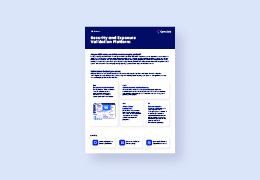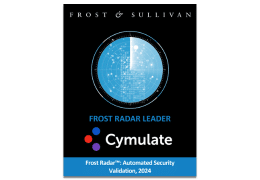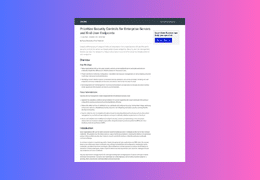A recent APT36 campaign began with spam email which contained a link to a malicious file hosted on a compromised website.
Mshta.exe was then used to connect to a specific URL and execute a Microsoft HTML Application file which decoded and decompressed a PowerPoint file within a temporary folder.
The PPT file then loaded a DLL file into memory which was triggered using the DynamicInvoke method.
The final payload was remote access trojans used to exfiltrate sensitive information including clipboard data screenshots keystrokes and a list of files and folders.





